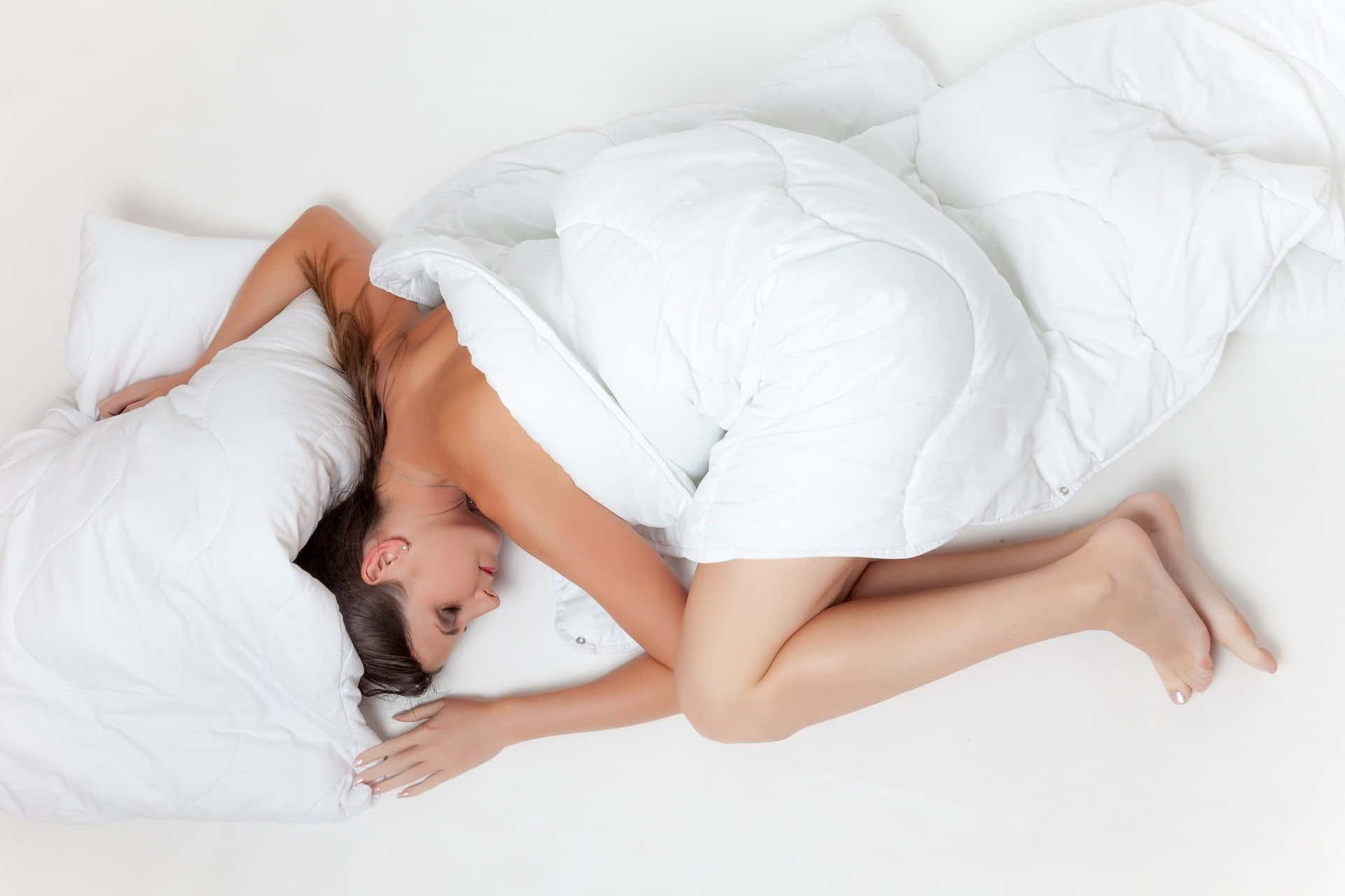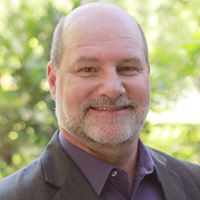
INDIANAPOLIS –It’s already difficult for some Hoosiers to sleep and the coronavirus has only made things more difficult, says the founder of BrainTap Technologies, Dr. Patrick Porter.
“Research shows if you don’t get enough sleep, you actually function as if you’ve had two or three drinks (of alcohol),” says Porter. “100 years ago, the average person slept 12 hours. In the 80s it went to 8. In the 90s, it went to 7. Now, the average person sleeps 6 hours. That’s half what we used to sleep.”

In the United Health Foundation’s 2019 annual report, they found that 42.8% of kids under the age of 15 were getting “insufficient sleep” in Indiana. High school graduates were only slightly better at 40.4%.
“That has a lot to do with the screens. Most kids now are attached to their phones. People are keeping up with their social media presence. It’s a whole different reality for kids today than it was even 20 years ago,” says Porter.
More than a third of Hoosiers between the age of 45-64 are also experiencing insufficient sleep (39.4%). Many of those Hoosiers are parents who have even more responsibilities since many of them are parents taking care of kids who are home from school.
“Tension has been building up in the home. You’re now around the same people every day. We love our families, but sometimes we need a break, even from our families. The little things that might not have bothered us so much because we only saw them occasionally, now they bother us more,” says Porter.
The coronavirus has brought about uncertainty in Indiana and across the country.
“In psychology, we’d call this the ‘Infinite Now’ because we don’t know when it’s going to end. The brain doesn’t like uncertainty. We need to start thinking more about our future. Luckily, we’re going through these phases. As long as people stay focused and do what’s expected, we should arrive at some new ‘now’ whenever that is,” says Porter.
If you are having trouble sleeping, Porter says you need to get your brain to understand that it’s getting close to bedtime.
“If you’re the type of person who caffeine effects, then anytime after 2 o’clock in the afternoon, stop all of that caffeine. Even keeping your bedroom cool can help. Your body has to drop in temperature to get you to sleep. The darker your bedroom is, the better,” says Porter.
He also recommends not eating anywhere between 2 and 4 hours before you’d like to go to bed.
Cover Image by Dieter Robbins from Pixabay

